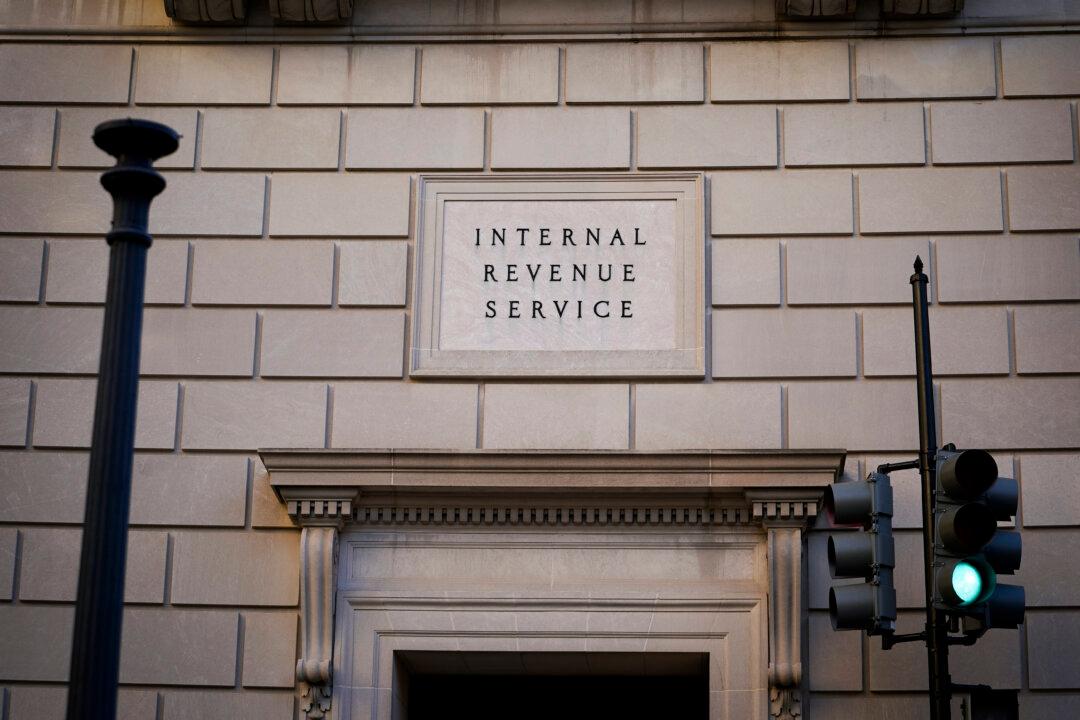The Internal Revenue Service (IRS) asked farmers and fishermen to pay their tax dues by the beginning of March, failing which they could be subject to penalties.
Farmers and fishermen who did not make 2023 estimated tax payments by Jan. 16, 2024, are required to file returns and pay all tax dues by March 1, the IRS announced Tuesday. “The special March 1, 2024, deadline allows farmers and fishers to avoid any estimated tax penalties,” the agency said. A farmer or a fisherman is defined as “anyone who received at least two-thirds of their gross income from farming or fishing during either 2022 or 2023.”





